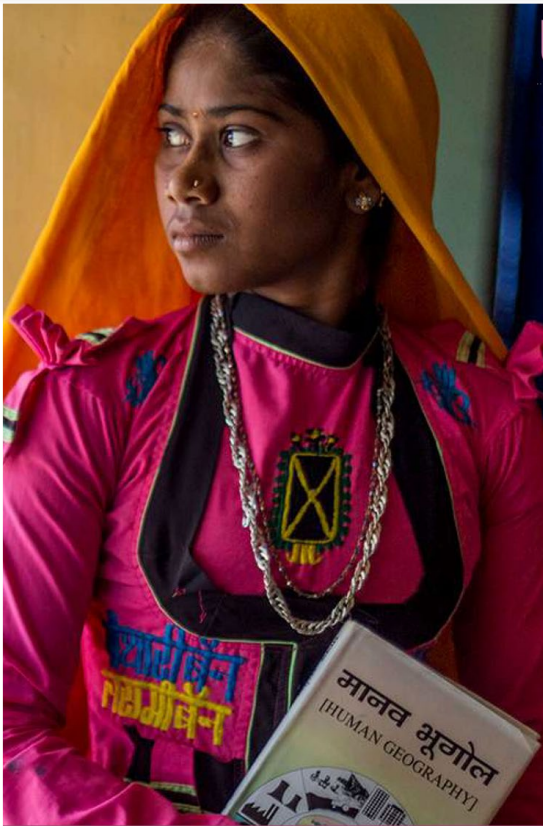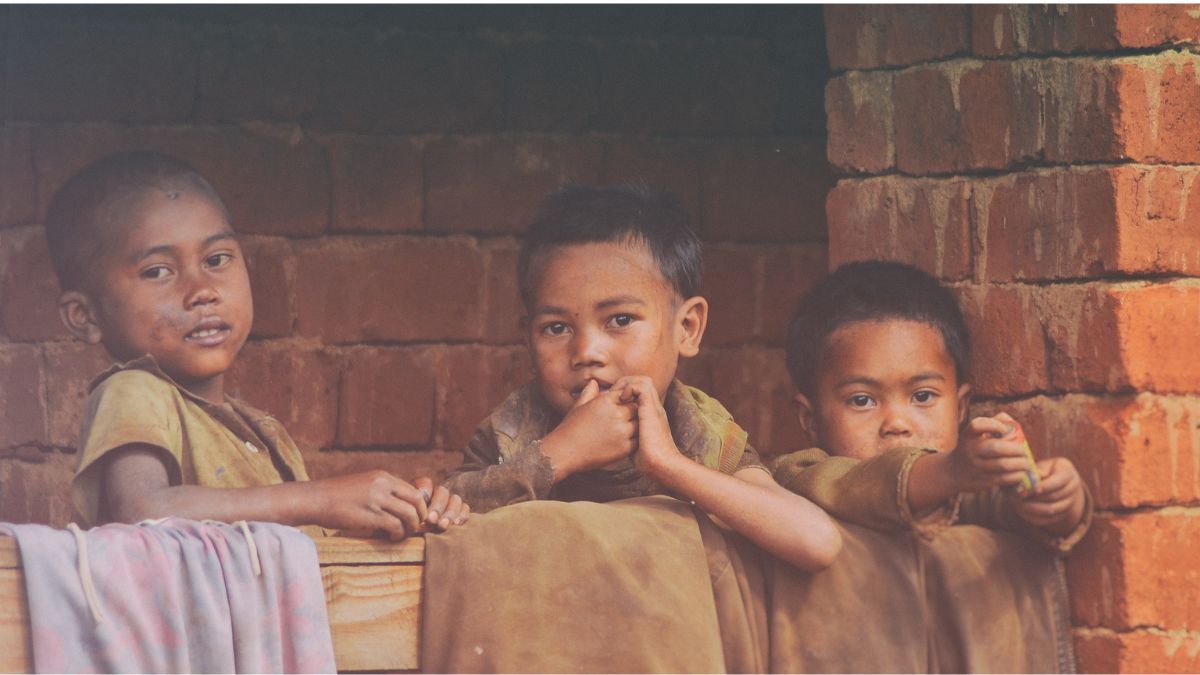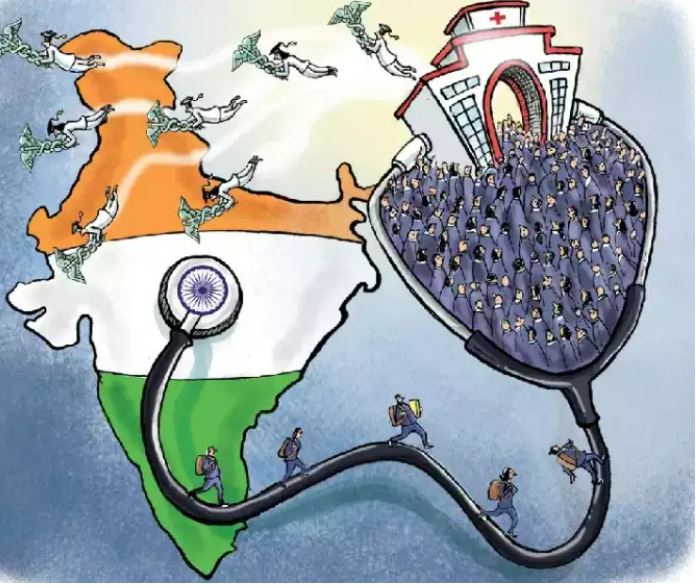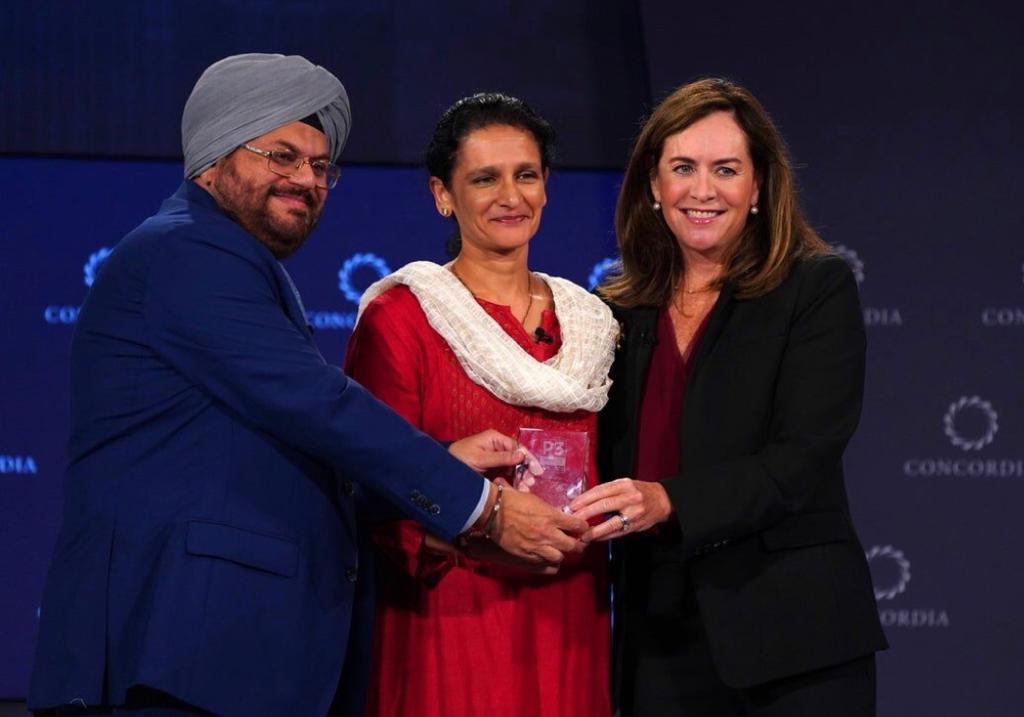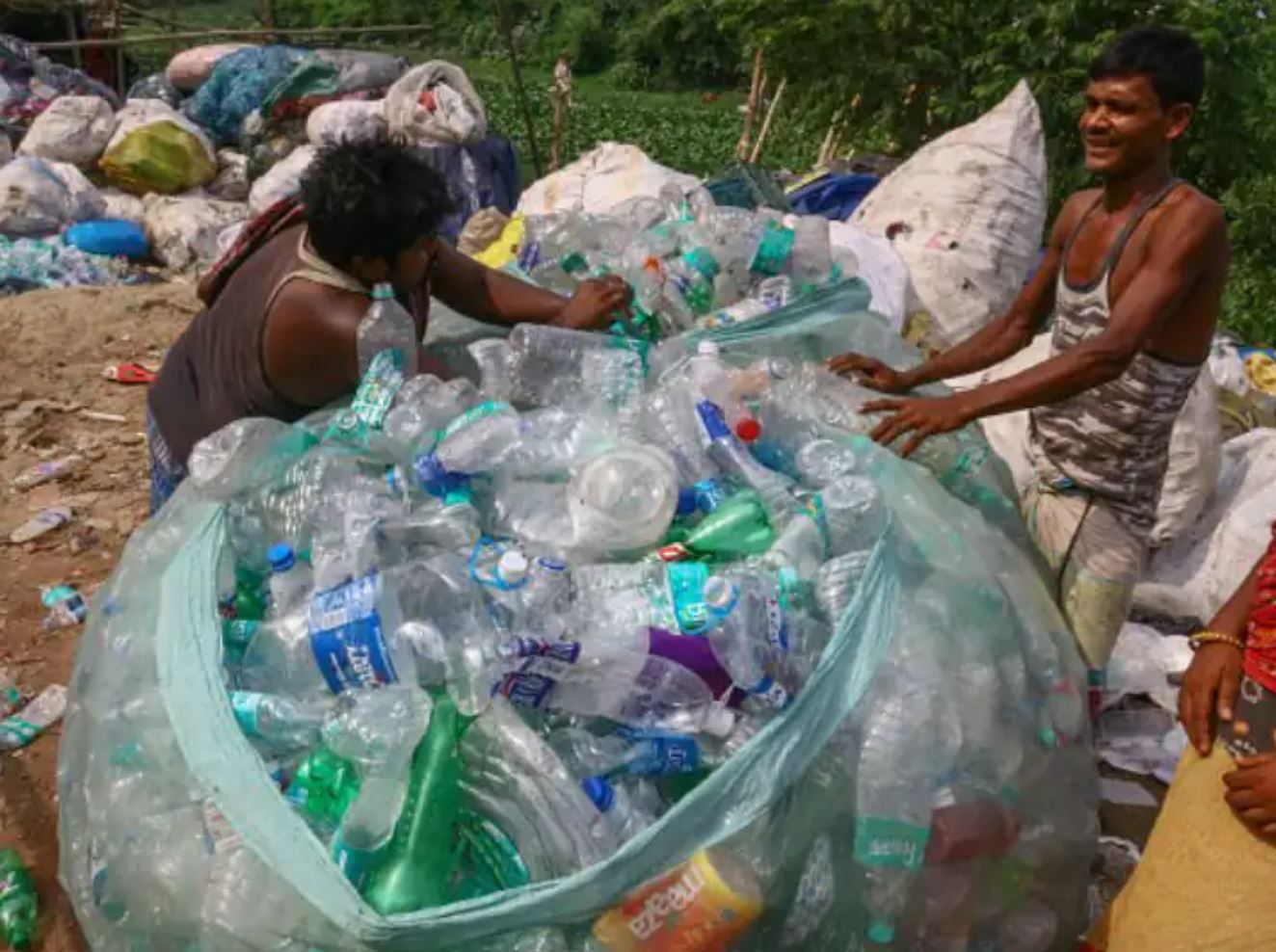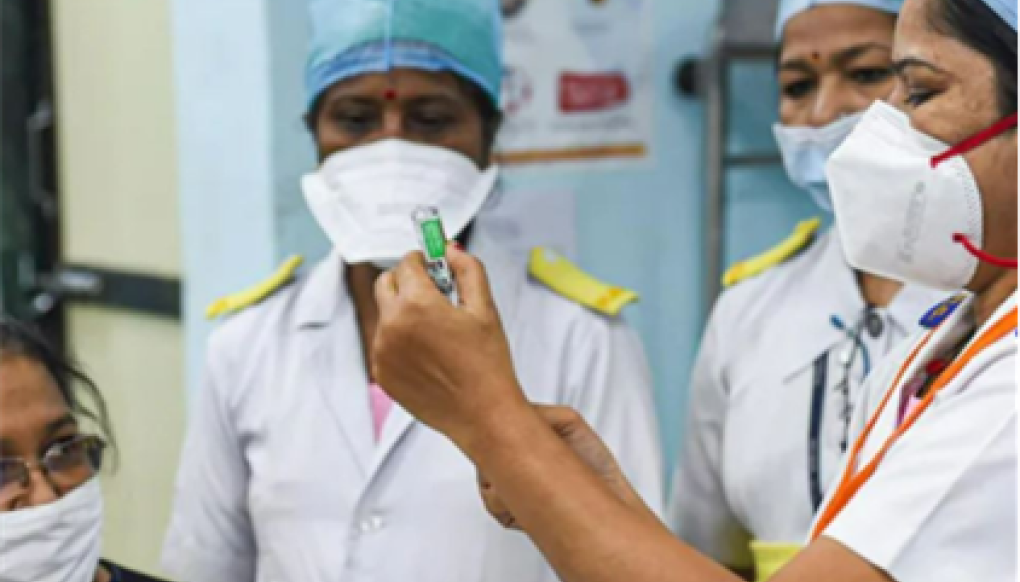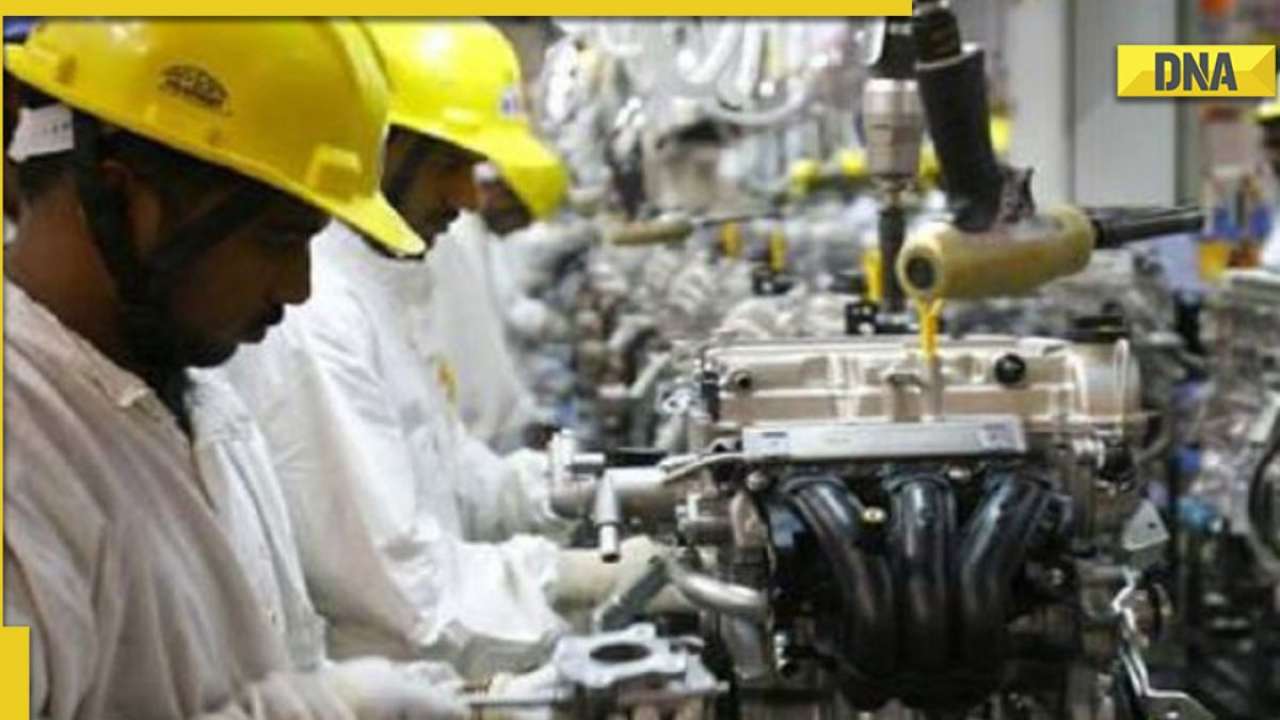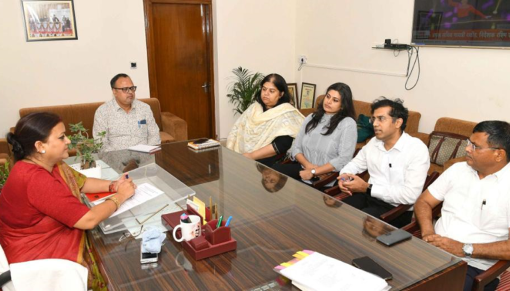In the last decade, the role of the private sector in sustainable development has become one of the most prominent themes in the development framework. In the Busan Partnership for Effective Development Cooperation 2011 and other meetings (the Rio+20 Conference on Sustainable Development in 2012, Global Partnership on Effective Development Co-operation (GPEDC) and United Nations discussions on a new global framework for sustainable development post-2015) governments recognized the central role that the private sector has been playing and needs to play in economic development and poverty reduction in the low income countries of Africa and Asia. The private sector can be either the target of development cooperation or a partner in providing it.
The role of the private sector in India’s development cooperation with African partner countries was recently discussed during a conference held in the premises of CII, supported by the Knowledge Partnership Programme (KPP), implemented by IPE Global an international development consultancy group and funded by Department for International Development (DFID). Mr.ShishrPriyadarshi who led the study for the KPP recommended various policy measures to increase private participation in India’s development cooperation with Africa. One of them talks about institutionalizing development cooperation with Africa by putting in place a mechanism by focusing areas of engagement and cooperation beyond the ‘LOC framework’, improving infrastructure and business climate, cooperation in trade facilitation and strengthening South-South cooperation as key to India’s development cooperation efforts with Africa.
India’s development cooperation thus far with Africa is based on the principle of win-win relationships that help all partners involved in their development. India’s development cooperation is very much a demand driven process reflecting the voluntary and less top down approach of South-South assistance providers. In contrast to traditional donors, India’s assistance does not impose policy conditionality (“no strings”) and puts emphasis on the importance of sovereignty. In contrast, China’s development cooperation reflects a close collaboration between government, financial institutions and state enterprises (Christensen, 2010). The private sector has become increasingly involved in development projects, since China launched the ‘Go Out’ strategy in 2000 to encourage its firms to invest overseas.
At the institutional level, this increasing importance has been manifested in the establishment of business conclaves and political summits. The annual private sector led India-Africa Conclave, first organised in 2005, represents the prime example of the interconnectedness between business interests and development cooperation.India’s development assistance can be divided into two categories: grants and Lines of Credit (LOC). Although, grants to Africa increased from less than US$2 million in 2002-03 to more than US$40 million in 2013-14 Africa’s share in total grants and loans increased from 0.5% to 4.5 % respectively. Moreover, about a third of Indian grants to Africa were allocated to education initiatives. Further sectors that are prioritised by grants include information technology, multi-sector projects and health accounting for 16%, 14% and 13% of grants to Africa, respectively.
There are number of opportunities for Indian Private corporate sector in Africa, primarily in agriculture and food security, healthcare and life sciences, infrastructure, energy and energy security, mining and SME development. Apart from these as priority areas for future Indian-African partnerships, capacity building in policy reforms and governance, project designing and its implementation, monitoring and evaluation of large social programmes are some of the areas where consulting groups like IPE Global Limited are actively working with local firms and donors in Africa and providing innovative solutions. IPE Global is currently providing advisory on Private Sector Development in Solid waste in Somaliland which includes a robust plan to build capacities of local Solid Waste Contractors and Operators from its experiences of implementing similar projects in India. The team under the projects at Hargeisa, Somaliland is currently providing technical assistance to the private industry and local government authorities in preparation of a sustainable model for the entire solid waste management sector.
Further, Indian companies have become the largest source of FDI to Africa among developing countries. For instance, capital investments from India to Africa have steadily grown to US$ 54.5 billion between 2003 and 2014 with 363 projects. This in particular strengthens the argument that private sector in India and Africa together can play an important role in building economic ties for mutual benefits by opening markets. The road map ahead requires key policy considerations for India’s effective development cooperation with Africa.
Towards this the Indian Government may consider institutionalizing this cooperation wherein the private sector can provide its views and suggestions about the geographical and sectoral focus of development cooperation.The coming India-Africa Forum Summit 2015 to be held from 26th of October till the 29th of Oct’15, provides a huge opportunity for Government on both the sides and their respective private sector players to define instruments of future engagements. The summit will see participation at the highest political level between the heads of government of 54 nations across Africa and the Indian government and give a new thrust to theexisting partnership.Daljeet Kaur works as AVP, IPE Global an international development consulting group







